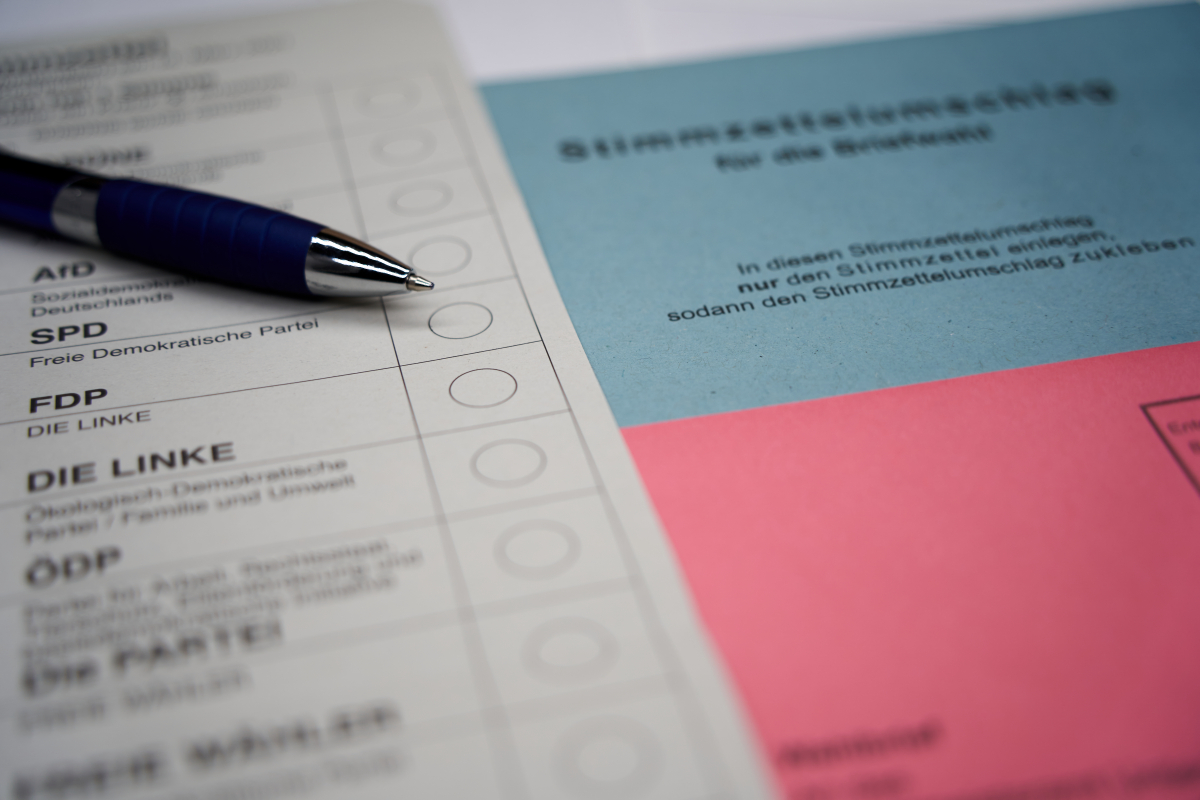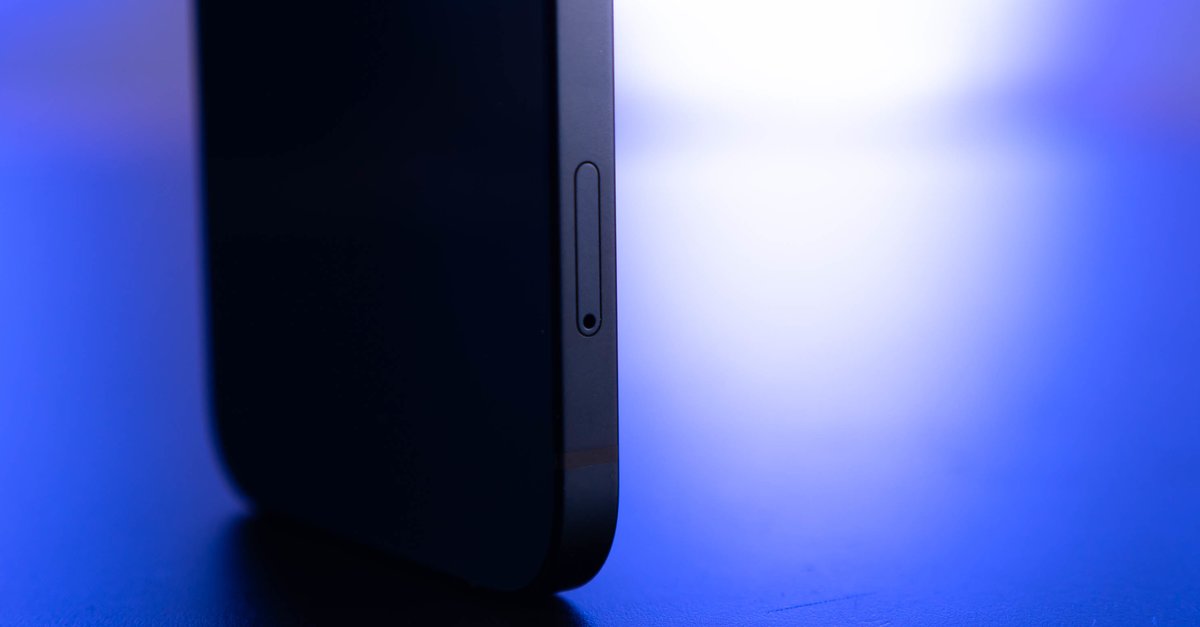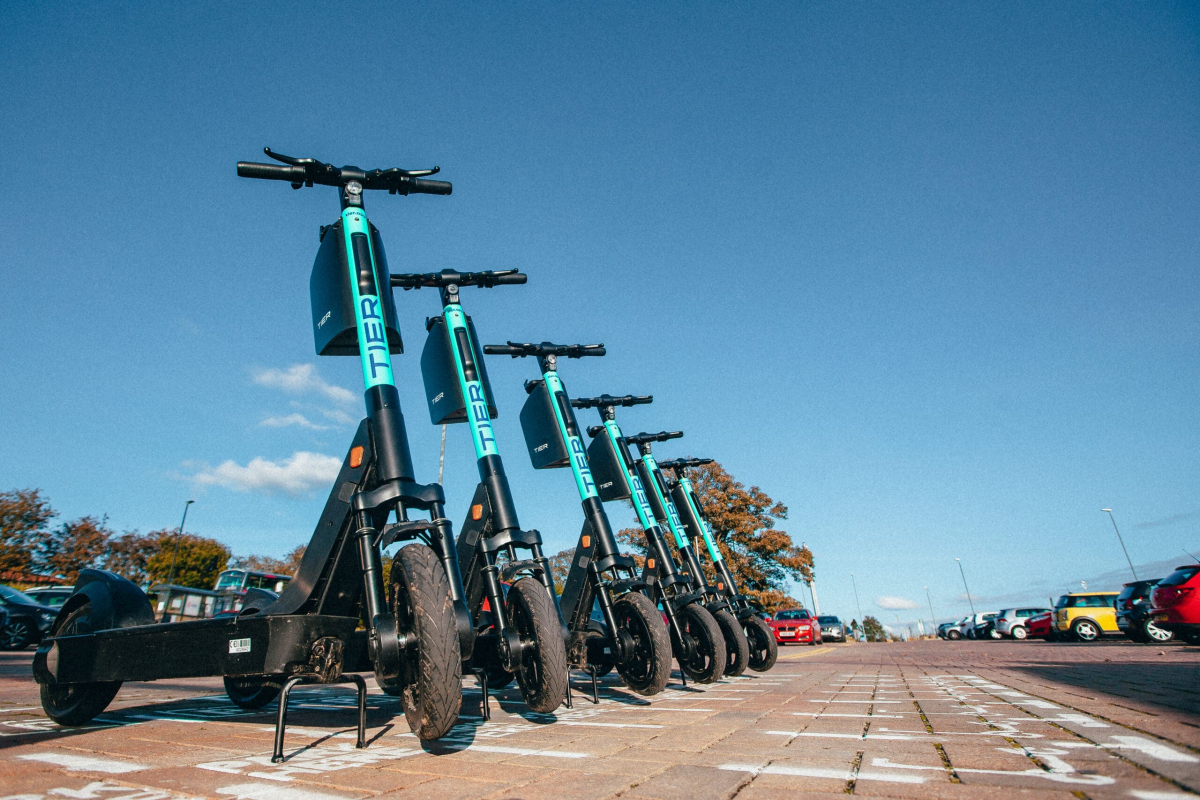Why fairness fell by the wayside in the election campaign
The election campaign that is drawing to a close has taken place on social media more than ever – not only through the parties, but also through their supporters. We have to deal with this often unfair form of political communication.
There are a few winners and many losers in this year’s general election. The political discourse on the Internet has already lost in advance. In no other election in Germany in the last 20 years or more have the mechanisms and side effects of social media come to light as negatively as in this election – and by the way, across all parties. There is hardly a day on which a detail that seems appropriate to the political opponent has not been picked out of some speech, an election campaign appearance or a staging of the candidates. Pleasantly cannibalized, packed in memes and staged, the supporters of the political camps played off point by point against each other, without in most cases arguing in terms of content and political issues.
Of course, the candidates also offered plenty of attack surface in an election campaign in which everyone has their mobile device with them, so to speak, ready to fire. Because a politician distracted at the wrong moment, a candidate who does not wear a mask (or just wearing a mask), a slip of the tongue or blackout, an overturning voice that is interpreted as insecurity – all of this would have been “dispatched” earlier and would have been even in recent years without the now available rewind function of the TV streams would have been difficult to find again.
Not only have the parties and their PR teams learned this themselves, but also the hundreds of thousands of campaign workers on Twitter and the like, who sometimes managed to stir up the excitement machinery within minutes – always on the lookout for the next source of outrage. It is the power of (moving) images and the word reduced to 280 characters that makes the whole thing so dangerous and falsifies it. A like here, a share there – that creates reach and creates opinion.
All too often it became apparent that a wave of outrage about Laschet and Baerbock, more rarely about Scholz, who offered little attack surface, then, on closer inspection, spoke less clearly against the person in question than assumed. A cleverly chosen image section on which a umbrella Was not seen, an interview context that made the candidate appear a little different than the individual quotation taken out of context, a statistic that did not stand up to closer analysis – all of this was found quickly, if it was on your own Weltbild fit, distributed further with just a few clicks, and in so many cases only withstood the fact check with a lot of bad will.
After all: only in a few cases did all of this spill over and beyond the communities into the traditional media. Some suspected a cover-up, the partisanship of the public service media criticized the others – interestingly enough for both camps equally. Incidentally, individual media also played a role here, first and foremost Bild TV, which repeatedly managed to stage symbolic politics in the interests of their own reach, to make a big story out of a detail such as a bill paid without a tip and, at best, to link the tip issue with the minimum wage debate .
It remains to be seen whether we will have to get used to having hundreds of thousands of election campaigners in and outside the parties in the future. In any case, the election campaign that is coming to an end has revealed a lot of adversity on all sides, which is not good for the political discourse, but rather deepens rifts. And professional politicians, but also local politicians, will probably have to get used to the fact that they are exposed to various defamation and hostility from more or less anonymous social media heroes. The fact that Robert Habeck said goodbye to Twitter several years ago because he did not see the opportunity to discuss issues in a suitable way is probably a sign of his foresight.



